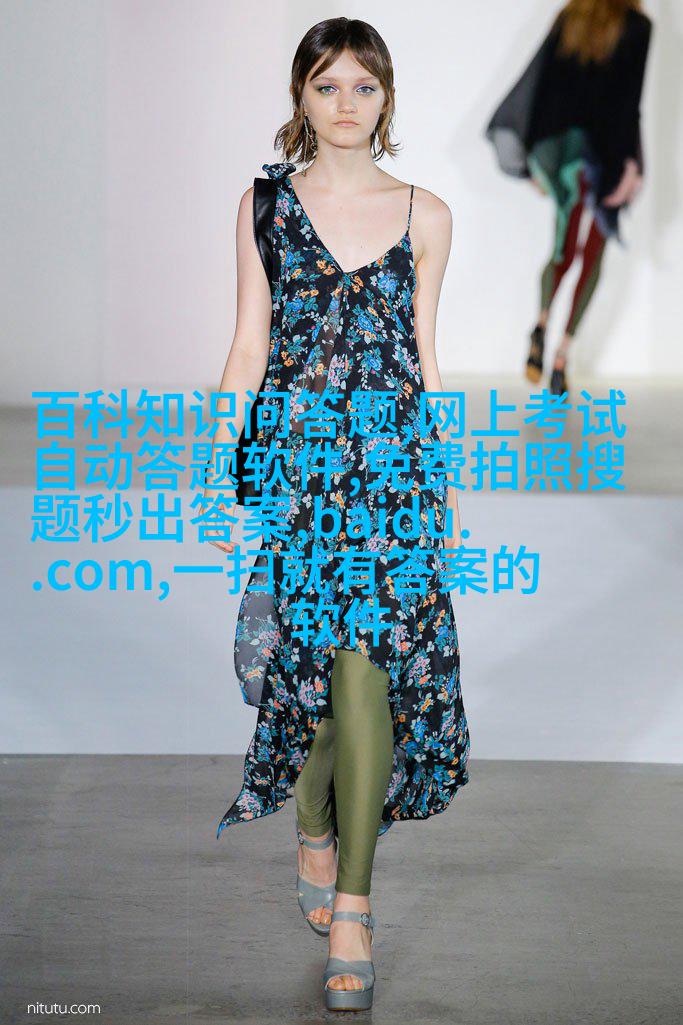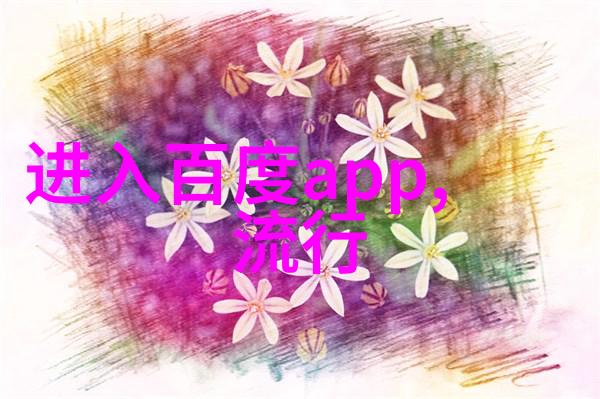随着全国各地的企业为实现2025年国家包装目标而努力,一项关于澳大利亚回收标签和葡萄酒行业包装创新的新教育活动是首届澳大利亚有机会议的主要讨论内容。2018年制定的2025年目标包括:100%可重复使用、可回收或可堆肥的包装,70%的塑料包装被回收或堆肥,包装中平均回收含量为50%(从2020年的30%修订),逐步淘汰有问题和不必要的一次性塑料包装。

澳大利亚包装公约组织(APCO)合作伙伴和项目官员Lesley Fox在会议上表示,推动实现目标的非营利组织将在未来几个月内为中小型企业实施一项新的教育活动。“我们与各种规模的企业密切合作,为他们提供改造包装所需的工具和资源,但我们很高兴宣布一项新的活动,以鼓励和引导中小型企业将更可持续的包装原则纳入他们的行动,”福克斯说。
“我们认识到中小企业通常没有多少资源来支持他们需要做出的改变,因此该活动的重点之一是帮助他们开始在包装上使用澳大利亚回收标签。知道什么可以回收,什么不能回收可能会令人困惑,不仅对消费者,对企业也是如此,而这一举措将有助于解决这个问题。”APCO正与澳大利亚包装协会、全国零售协会和澳大利亚食品和杂货委员会合作实施教育计划。

多年来,澳大利亚一直在创新葡萄酒 包裝,其中1965年的第一款木桶酒由南 澳大利亞人Tom Angove发明,这种设计受到希腊牧羊人的使用启发。1971年,由Wynns推出了带有内置水龙头的小木桶,从那时起,这款不起眼的小木桶在其设计质量方面不断发展。
首届澳大利亚有机会议为来自价值400亿美元的大本土葡萄酒行业参与者提供了理想平台,以讨论最新趋势、挑战及机遇,以及为什么消费者教育将成为改变行为关键,并支持行业满足APCO 的 2025 年 包裝 目標。这组由著名葡萄酒专家Mike Bennie主持,其成员包括Affinity Labs项目团队经理Kieran Hirlam、Cutler Sustainable Packaging首席执行官Michael Rogers以及零售集团可持续发展产品质量经理Sarah McElholum饮料酒店业务奋进集团。在会议期间,本尼表示:“行业需要帮助教育并改变消费者的态度,因为许多爱好者都沉浸在购买窖藏葡萄酒体验之中。”

“Australian winemakers are early adopters of screw-top bottles, initially many traditionalists were skeptical but now they're considered mainstream,” Benny said. “We know consumers are increasingly concerned with sustainable purchasing and doing the right thing for the planet, so we need to start shifting consumer behavior, increasing purchases of wines sold in recyclable products (such as pouches or cans).”
A study by the Australian Wine Research Institute (AWRI) shows that glass packaging is a hot spot for environmental performance in the industry due to heating and melting requiring large amounts of energy. Glass weight also affects efficiency throughout the supply chain. The progress made in glass production has reduced wine bottle weight from 500 grams to just 330 grams.

However, wooden cask wine packaging can achieve significant and positive environmental impacts compared to standard 500-gram bottles, reducing their lifecycle impact by 48%. Benny said Australia is an innovator in this field but British companies are leading on carbon footprint reduction innovations. "For example," he said, "Garcon Wines packages their product in an eco-flat recyclable bottle that weighs only 87% less than a standard one while Frugal uses a food-grade bag five times lighter than glass."
"Though these have proven themselves elsewhere in Europe," he continued, "the sustainability parameters for Australian recycling infrastructure remain uncertain." Development investments remain a priority for both the Australian wine industry and packaging companies - long-term sustainability being paramount.

Currently under development are self-standing bags tailored specifically for the Australian market as well as customized aluminum containers; however - as an industry - there's great focus on ensuring any new packaging won't bring about long-term environmental problems.





